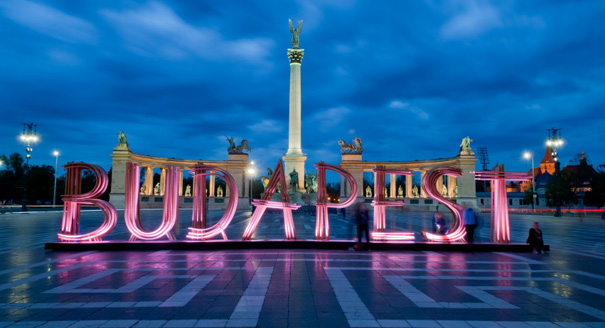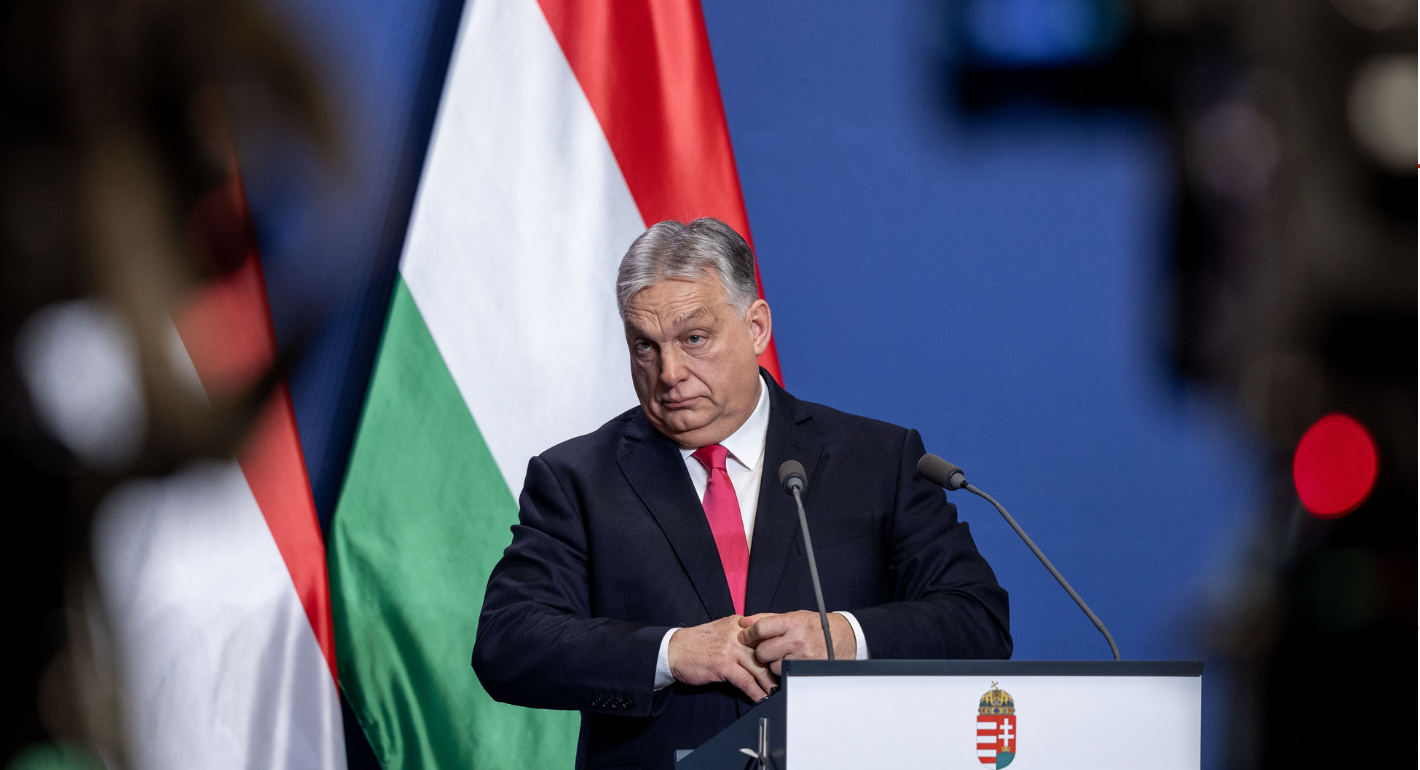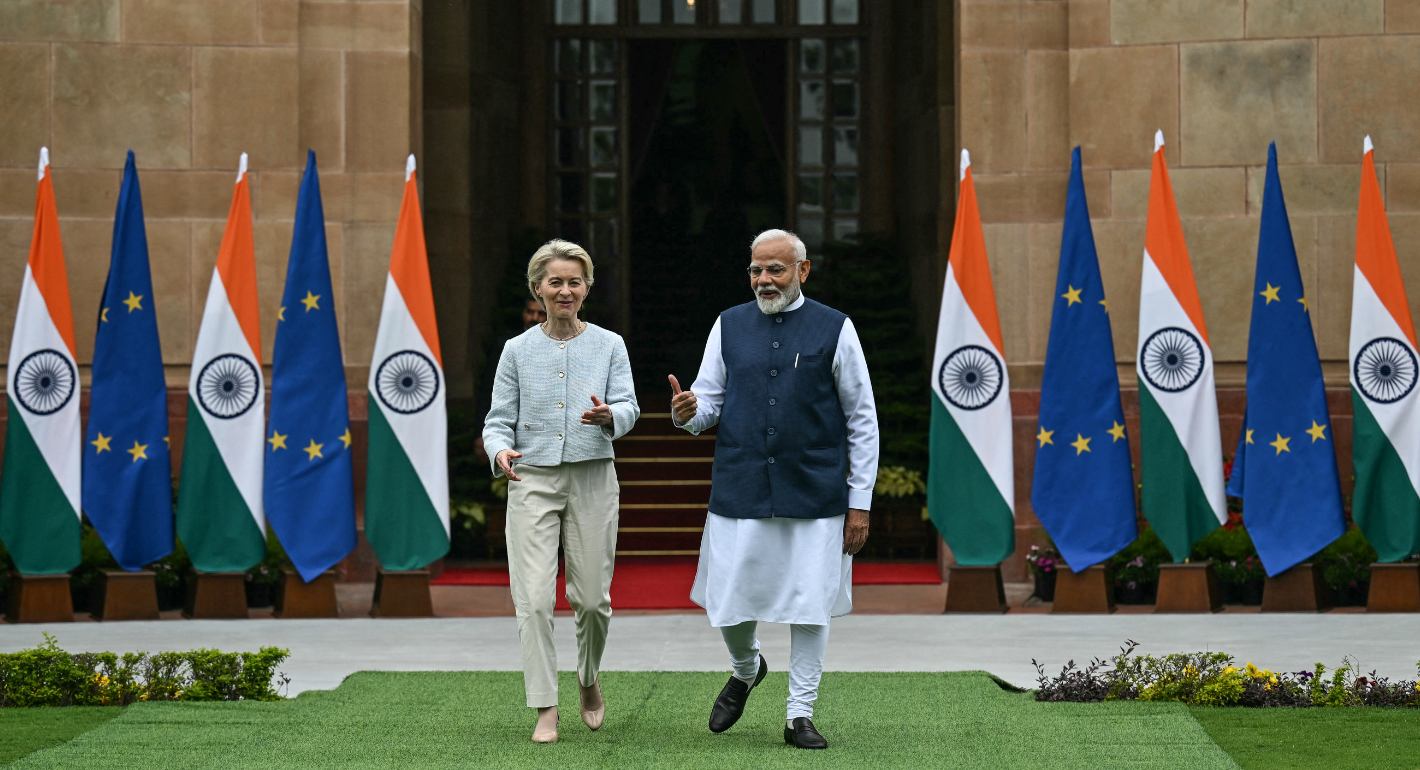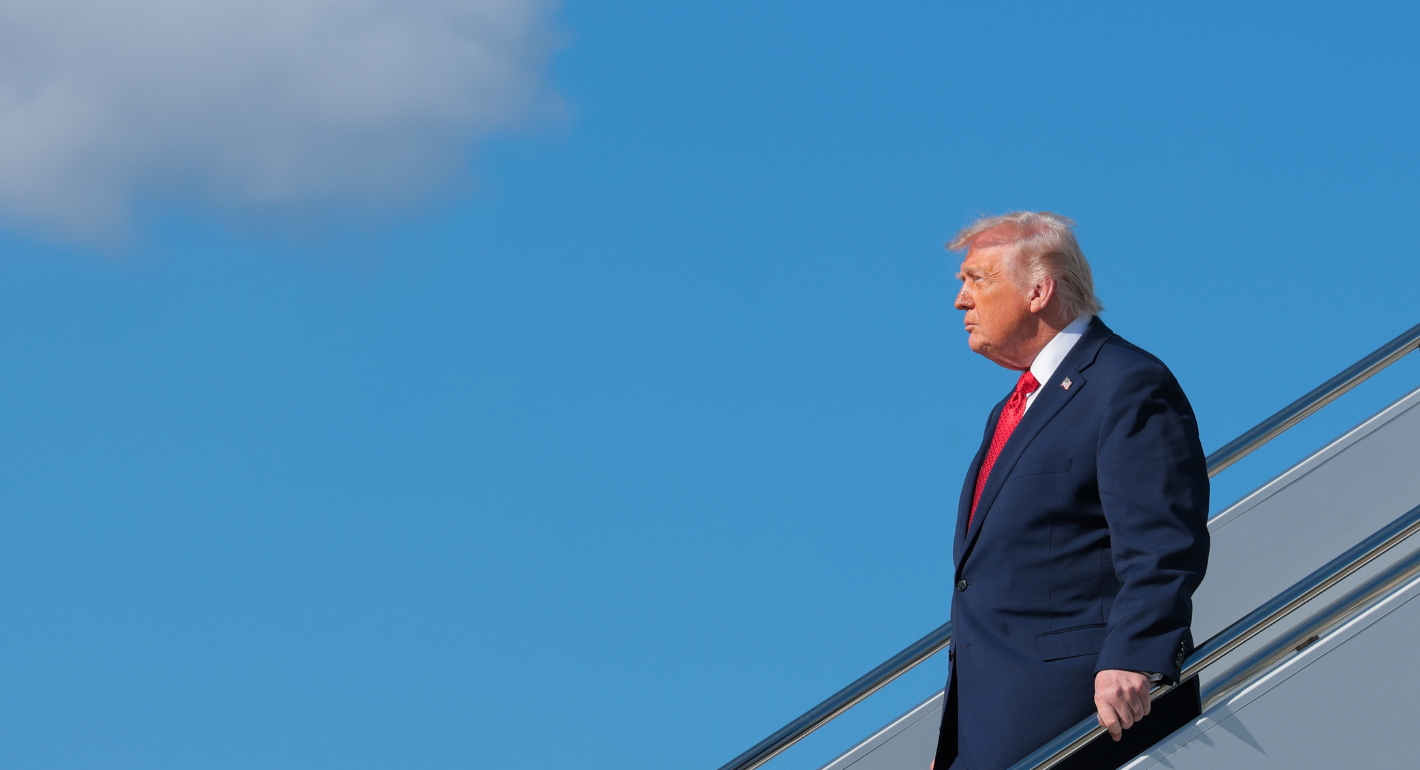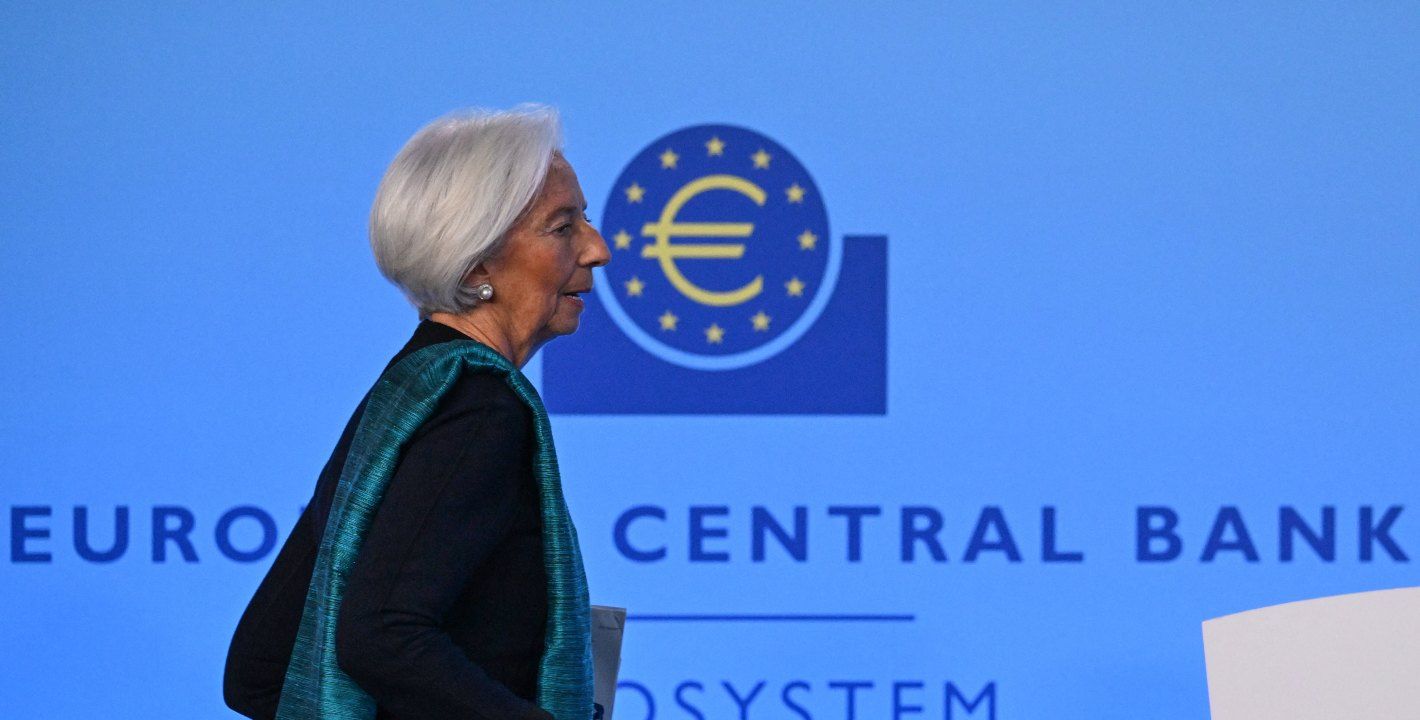But the idea and the attraction for Eastern European countries of a Europe whole and free—which, tellingly, was one of the big debates at the May 13–15 Lennart Meri Conference—is fading.
The puzzle is that Warsaw and Budapest, Prague and Bratislava, which have benefited from being in the EU and from having a Europe whole and free, are not campaigning to complete the unification of Europe. Instead, at a time when the EU needs a vigorous and influential Visegrád Four (V4)—the umbrella grouping for these countries—the foursome, which celebrates its twenty-fifth anniversary in 2016, is retreating from vital issues that will determine Europe’s future. This is a great shame because these countries’ experiences matter.
There are three big issues that the V4 as a quartet should be focusing on.
The first is Britain’s future relationship with the EU. It is in the V4’s interests that Britain remains in the bloc. Britain’s economic policies, its views on security and defense, and its role in balancing the other big EU countries cannot be overestimated. Yet the V4’s voice is largely absent.
The second major issue is Eastern Europe. Poland’s former center-right Civic Platform government was heavily engaged in Ukraine and other countries in the region. It saw the need for the EU to give Eastern Europe a perspective of one day joining the bloc. In the interim, Civic Platform campaigned hard for energy security and for much closer economic, social, and political ties with Poland’s Eastern neighbors. Above all, Civic Platform did not lose sight of a Europe whole and free.
Law and Justice, Civic Platform’s right-wing successor in government, has yet to elaborate its strategy toward Eastern Europe. Whatever policy it adopts, it will need the support of Germany. Warsaw’s tetchy (to say the least) relationship with Berlin is not going to win Poland much support. That will affect Warsaw’s ability to lobby the EU.
Indeed, the V4 as a bloc lacks any coherent policy toward its Eastern neighbors. One reason is that the four countries have different views on Russia. Yet precisely because of the V4’s own experience of the politics of transition and transformation, these Central European states should be at the forefront in advising their neighbors and lobbying for them. They are not.
The third important issue is the V4’s seeming indifference toward defense and security issues. Yes, these countries are now spending more on defense and believe that NATO—meaning the United States—is their security guarantor. But that is not enough. At some stage, sooner rather than later, Europe is going to need its own capable security and defense policy, regardless of the outcome of the British referendum on EU membership on June 23.
The changing dynamics of terrorism and of conflict and turmoil in Europe’s Southern neighborhood—not to mention the unfinished business in the Western Balkans—demand such a common policy. These are not issues exclusive to NATO, as if the terrorist attacks in Paris in November 2015 and in Brussels in March 2016 weren’t enough to spur such a debate in the EU.
Yet where is the V4’s voice? Instead of pulling together, the V4 countries, particularly Poland and Hungary, are engaged in a form of politics that is focused on accumulating power for the governing parties. The independence of Poland’s constitutional court is being undermined, while Hungarian Prime Minister Viktor Orbán has no doubts about the compatibility of illiberalism and democracy.
In the Czech Republic, as in neighboring Slovakia, the executive and legislative branches are constantly quarreling over the country’s relations with Russia while Euroskeptic parties gain ground. What is happening in Europe’s Eastern neighborhood is but an afterthought.
This turn inward and the political shifts in Poland and Hungary bode ill for the EU and for Eastern Europe. For the former, because the EU should be able to benefit from the experiences of its Central European members. For the latter, because Eastern Europe is losing or has already lost valuable allies inside the EU. The only beneficiary is Russia.
A weak V4—added to the unpredictability of the British referendum, the 2017 French presidential election, and German Chancellor Angela Merkel’s future influence in Europe—suits the Kremlin fine. Precisely because of this, the V4 should know what’s at stake. The puzzle is that no V4 government will take the lead.

